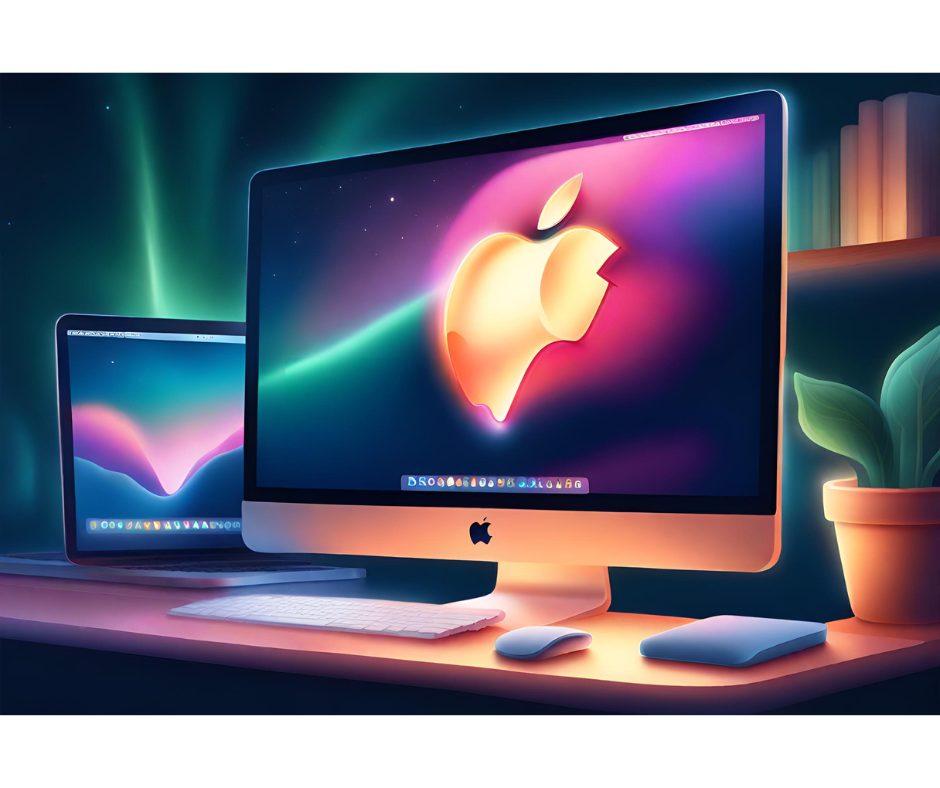SAN FRANCISCO — Will it be “Chromoid” or “Androme?”
Google executives said their strategy of releasing different operating systems is playing out just fine despite the potential for confusion among developers and IT buyers as to which will win out long term. That’s because eventually there will be one operating system.[login]
Android, the open source mobile OS behind a growing number of smartphones and other devices, is racking up over 100,000 new hardware activations a day, according to Andy Rubin, the Google (NASDAQ: GOOG) vice president who leads the company’s Android development efforts. Chrome OS, still in beta, is set to power a new generation of Web-based netbooks due out this fall.
“Over time, these things will have to be unified,” Vic Gundotra, Google’s vice president of engineering, said during a press panel here at the company’s big Google’s I/O developer’s conference.
“Chrome is a big part of our strategy to make the Web more powerful,” he added.
In some ways a kind of merger of Android and Chrome will be evident in the new Google TV devices just announced here that are due out this fall. Google TV uses the Android OS but relies on the Chrome browser for surfing the Web.
Gundotra said that the strategy behind Chrome was the pragmatic recognition that most users still access the Web on a PC or notebook and Chrome is better suited for those platforms than Android. He said Google doesn’t look at the issue as choosing Android versus Chrome. “Our approach is very pragmatic. It’s a journey. But it’s not a religious thing, we’ll use what’s best for the best user experience.”
That pragmatism also extends to working with other software companies. While Google shares Apple’s enthusiasm for the emerging HTML5 standard, Gundotra said its decision to support Adobe’s Flash plug-in for mobile was recognition that today Flash is ubiquitous on the Web and does things HTML and other media playback technologies can’t.
Google’s approach is in sharp contrast to Apple’s (NASDAQ: AAPL) decision to ban Flash from the iPhone and iPad over what it said are security and performance concerns. Adobe (NASDAQ: ADBE), which has consistently disputed Apple’s criticisms, said the forthcoming Flash 10.1 addresses Apple’s complaints.
Google versus Apple
Google wouldn’t say if it’s working on a tablet spec for an Android or Chrome-powered device to compete with Apple’s iPad.
“What we showed during this morning’s keynote was Android 2.2 on a small [smartphone] screen and on a 60-inch television. I can imagine a lot of companies coming out with devices in between those two sizes,” said Rubin.
Gartner analyst Ken Dulaney said Android is providing the first real competition to Apple. “From what’s been reported of the iPhone 4.0 software coming out later, Android has gone beyond them in many ways,” Dulaney told InternetNews.com.
“But there are still a few areas where Android takes too many steps to do something and the iPhone is easier.”
Dulaney also said Android’s open source approach has its plus and minuses. While Apple controls its environment and focuses on a few devices, Android, by its open source nature, means a wide number of different device makers can use and extend the platform. The Google-led Open Handset Alliance is designed to control the Android spec.
“But as we move forward, there could be fragmentation,” said Dulaney.
TAGS: Chrome OS, Android, Adobe Flash, Google IO, Google TV



























